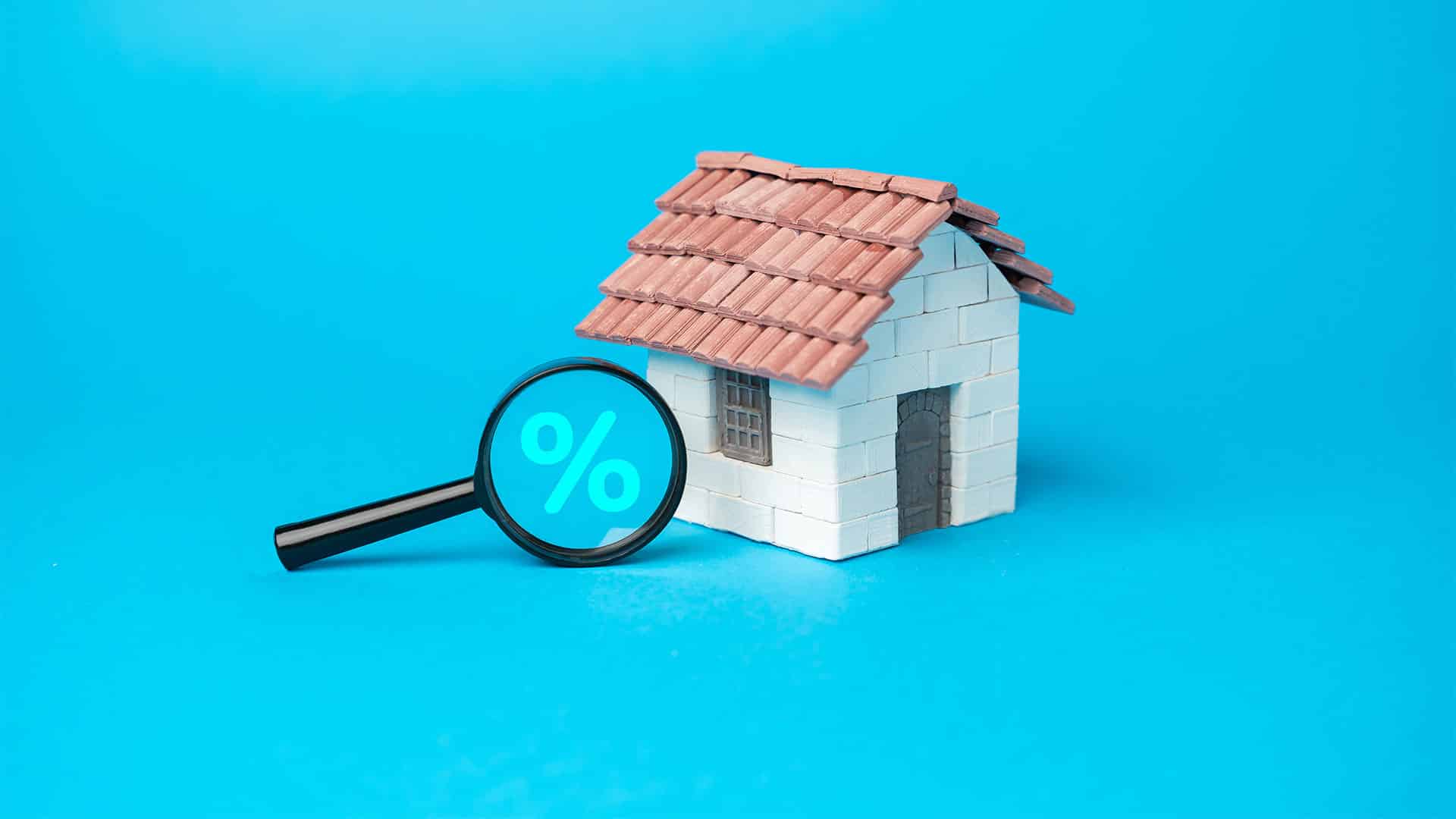In this article
Yes, if you are a homeowner with significant equity, you can remortgage for debt consolidation. This process, known as a remortgage for debt consolidation application and is a specialised type of lending.
Below, we explain how you can remortgage for debt consolidation, along with its pros and cons, and provide answers to frequently asked questions.
Remortgage For Debt Consolidation
Explained in 1 min 36 seconds
Find more videos like this on MoneymanTV
How Does a Remortgage for Debt Consolidation Work?
A remortgage for debt consolidation allows homeowners with built-up equity to release some of it to repay their outstanding credit liabilities. It’s crucial to seek trusted independent mortgage advice because there are several options to consider, such as a further advance, a remortgage, or a secured loan.
The best remortgage for debt consolidation option for you will depend on your current situation, income, credit score, and details of your existing credit commitments.
The Pros of a Remortgage for Debt Consolidation
A remortgage for debt consolidation can offer several advantages:
- Peace of mind: Knowing your debts will be repaid at the end of the term.
- One manageable payment: Consolidating multiple debts into a single payment.
- Structured repayment plan: Having a clear plan for paying off your debts.
The Cons of Remortgaging to Pay Off Debt
However, a remortgage for debt consolidation has significant drawbacks:
- Higher overall interest: Due to the extended term of the mortgage.
- Risk of repossession: If you fail to make payments, you risk losing your home.
- Potential for more debt: If you tend to overspend, this might not solve your underlying financial issues. Multiple applications for debt consolidation can indicate poor financial management to lenders.
How Can I Remortgage for Debt Consolidation?
If a mortgage advisor determines that remortgaging to consolidate debt is the best option and you meet the criteria, you can proceed if you have enough equity in your home. Equity is the difference between your property’s value and your current mortgage balance. You’ll use this equity to pay off unsecured debts, merging those costs into your mortgage balance, and repaying it over a longer term. This means you will likely pay more in interest overall.
Can You Remortgage Early for Debt Consolidation?
Remortgaging early depends on how far you are into your current term. Typically, people start the process 6 months in advance to align the new deal with the end of the old one.
Remortgaging earlier than this can incur early repayment charges, which can be costly. If you’re only 2 years into a 5-year fixed-rate mortgage, these charges can be significant. Always consult a mortgage advisor to determine if remortgaging early is a viable option or if other solutions, like a further advance or secured loan, might be better.
Are You Able to Take Out a Further Advance?
A further advance mortgage involves borrowing more money from your current lender, usually at a different interest rate than your primary mortgage. This option spreads your costs across your term but with lower interest rates than a personal loan.
However, securing extra debt to your home means risking arrears and possible repossession if you can’t keep up with payments. It might be a suitable alternative if you can’t yet remortgage, such as being locked in a fixed or introductory period.
Should I Remortgage for Debt Consolidation?
The decision to remortgage for debt consolidation depends entirely on your situation.
While it is risky and should only be considered in extreme circumstances, it can help improve your financial state. This decision should only be made after consulting with a qualified mortgage expert.
Our mortgage advisors are available to discuss these options during a free mortgage appointment and can recommend alternatives if they exist.
Important Considerations for Debt Consolidation
You should carefully consider securing other debts against your home.
By adding unsecured debts to your mortgage, which is secured on your home, you risk losing your home if you cannot make the required repayments.
Although the total monthly cost of servicing your debt might decrease, the total repayment cost may increase due to the extended mortgage term.







